I make a million mistakes in my garden. I love experimenting out there. My only goal is to not make the same mistakes over and over again, and my gardening notes help with that.
I want to share mainly the three types of notes about my garden that I’ve found most useful and interesting, as well as how I try to make use of those notes.
1. Predictions and updates
Whenever I try something new, like an early or late planting of a certain vegetable or a different pruning technique on a fruit tree, I try to predict its outcome. I love going back to read these predictions because it shows me how much I have learned or still don’t know about gardening.
And even when I do something routine, I often note predictions. In early August, I sowed cabbage, cauliflower, and broccoli, and I predicted when they would be ready for harvest.
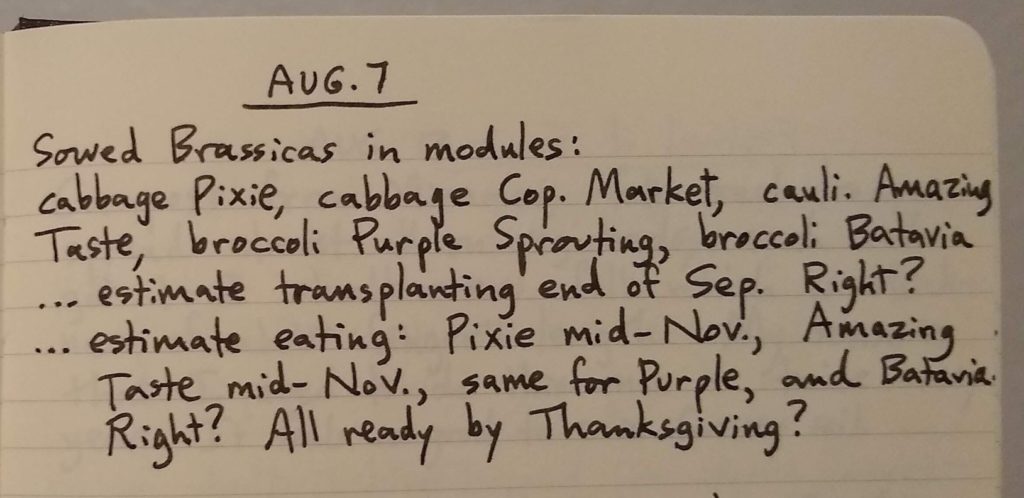
“All ready by Thanksgiving?” Nope. My update shows that only one was ready by Thanksgiving:
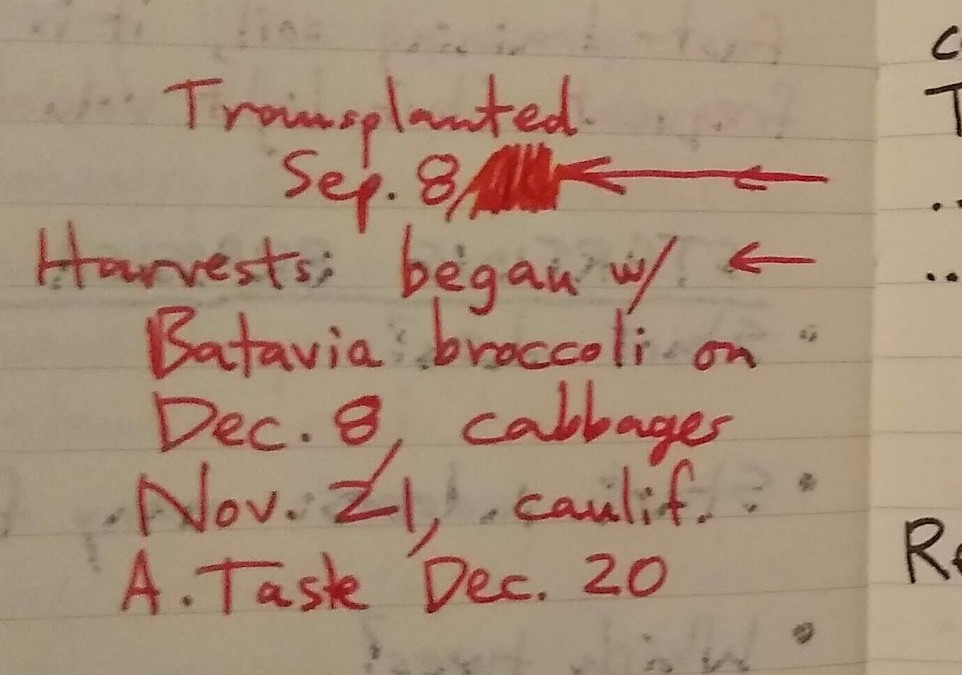
I think I was wrong because I’d forgot how short the days get near Thanksgiving.
Nonetheless, come early December when the broccoli finally was ready:
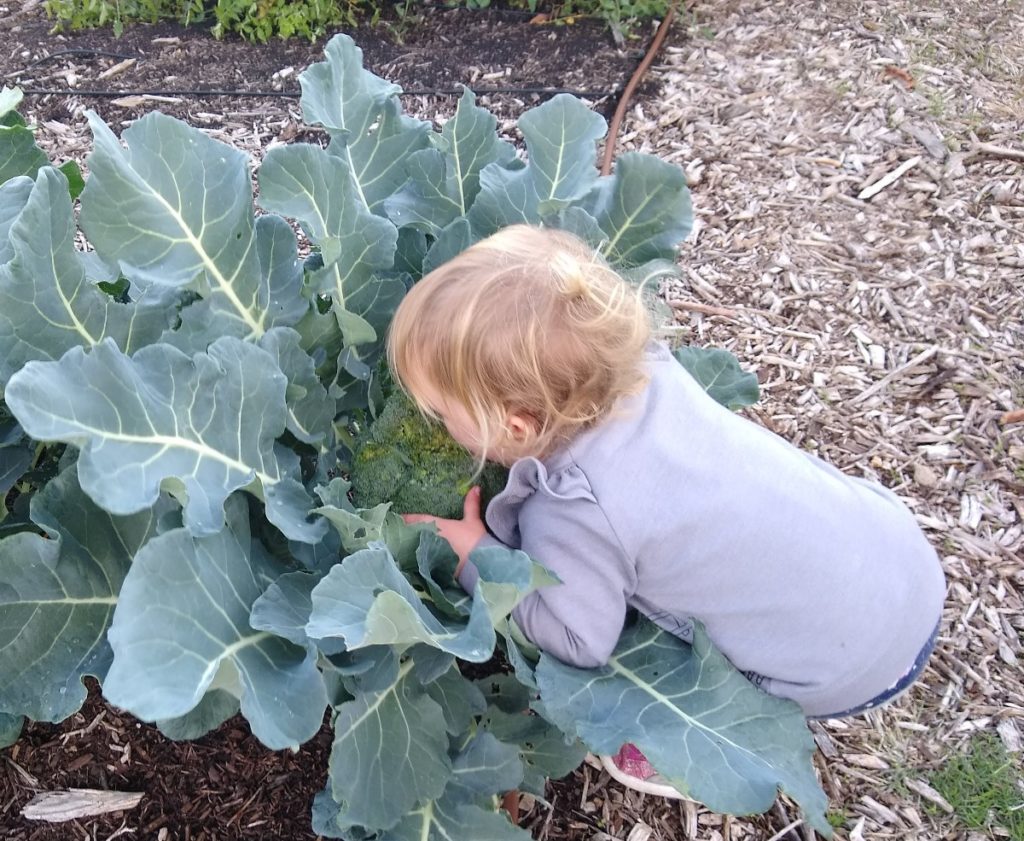
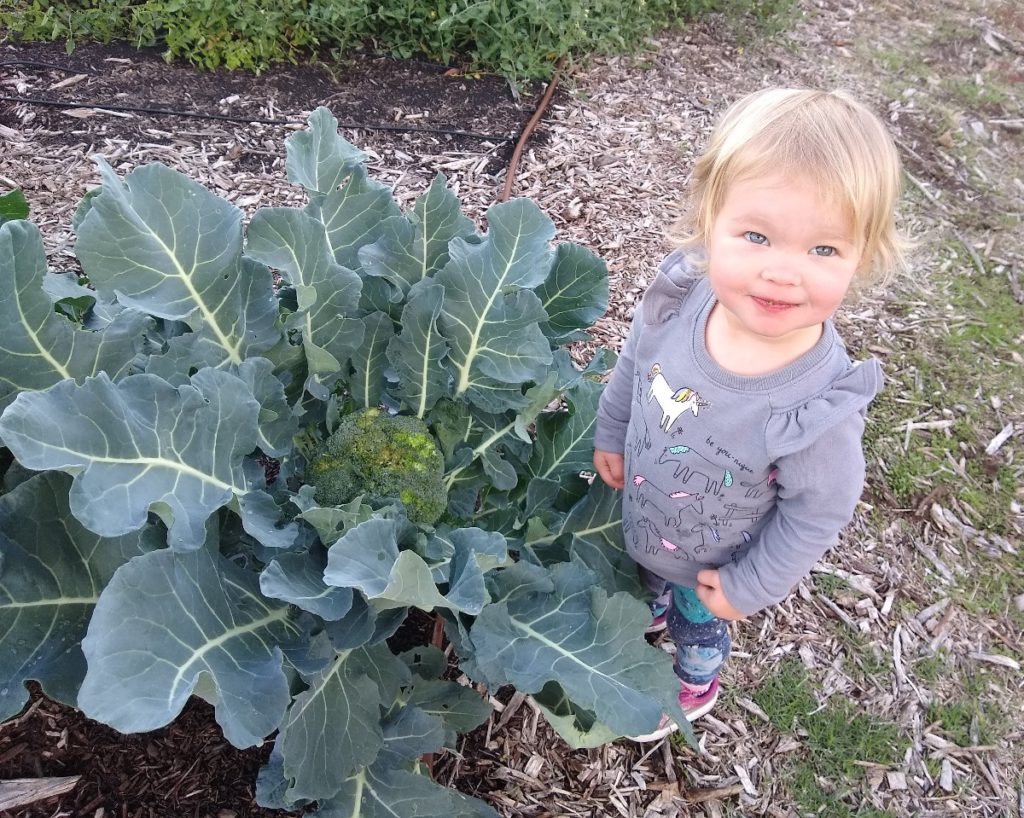
2. Irrigation schedules
I record every time I water a plant, and I note how much water I applied. This takes time in the doing, but it saves time down the line.
In each new season I often question how I should adjust my irrigation, but because I have all past watering schedules written down, I can look back at a past year and reapply it.
Of course, I hope to always get better at watering too. This past summer I tested out watering more often than ever before. My note on August 10 summarizing the summer frequencies for avocados up to that point:

The schedule worked well. The trees retained more fruit than ever and they have less tip burn than ever. Next summer I can reapply the schedule.
3. First, best, and last harvest dates
I write down when the fruit from a particular tree first tastes good, when it tastes best, and when the harvest is finished. This is particularly useful for new trees.
Galaxy peaches were new to me last summer:
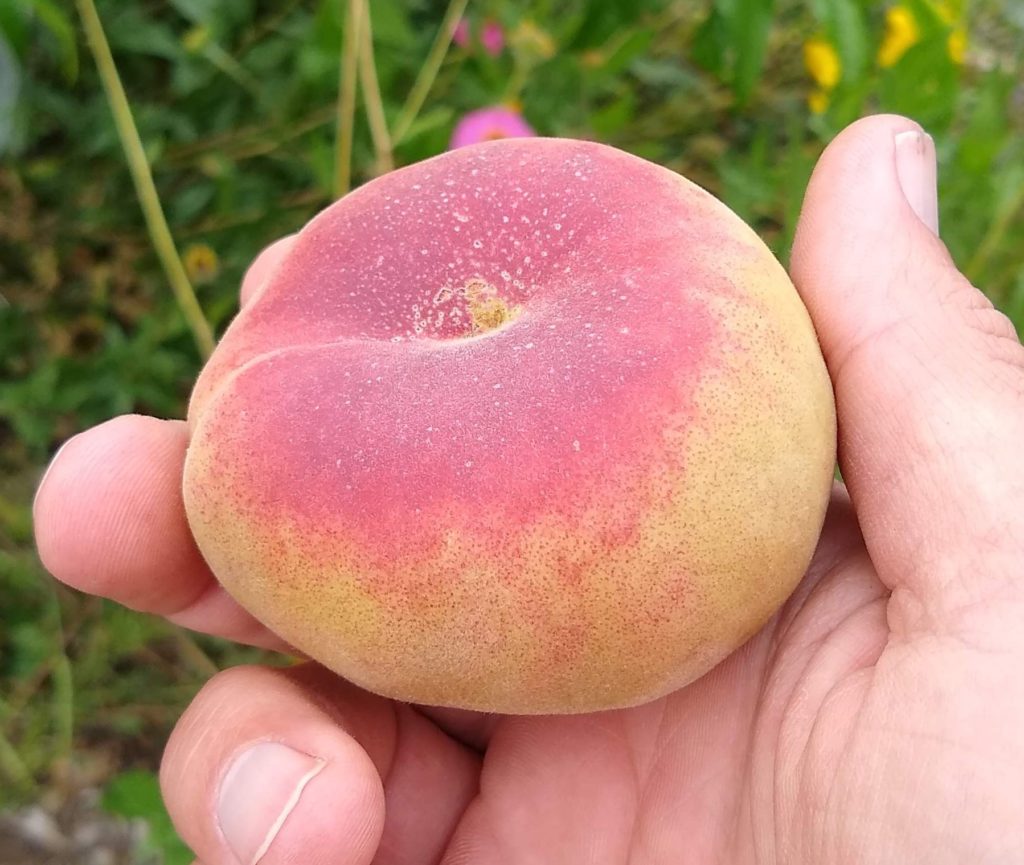
I appreciate having notes on when these Galaxy peaches first started to taste good (late June), when they tasted best (early July), and when their harvest was finished (July 14) because I can better anticipate when to harvest next year. Also, I can better choose an array of fruit trees in order to have a year-round harvest.
Honorable mentions
Other types of notes I’ve taken that I appreciate:
-Variety names of vegetables and fruit trees
-Dates I planted vegetables and fruit trees
-Dates I pruned fruit trees
-When I grafted fruit trees
-Yield counts, especially from fruit trees
-Phenological observations, such as when a fruit tree began blooming
-Extreme weather events (cold, hot, windy, rainy)
Finally, any kind of note about your garden is only useful if you come back to read it at some point. Winter has arrived, and I’m writing this post by the fireplace; winter by the fireplace is when and where I read a lot of past garden notes.
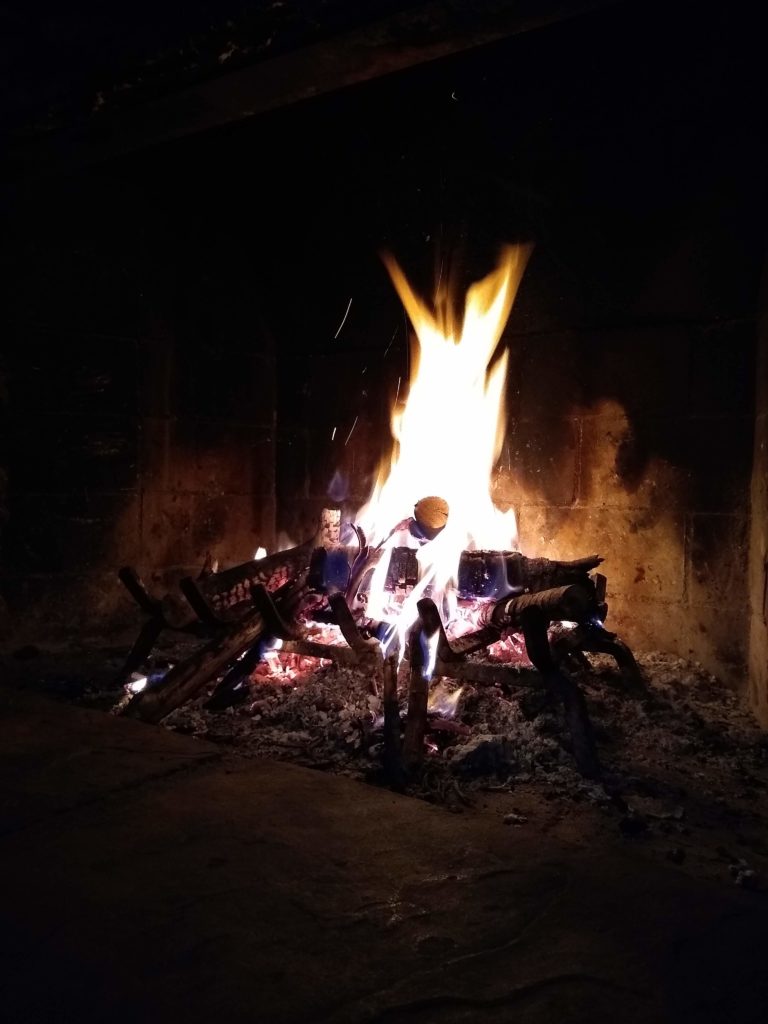
I read and reflect on the previous winter, I read and write updates on the notes from the previous season or two, and I make these old words effective going forward.

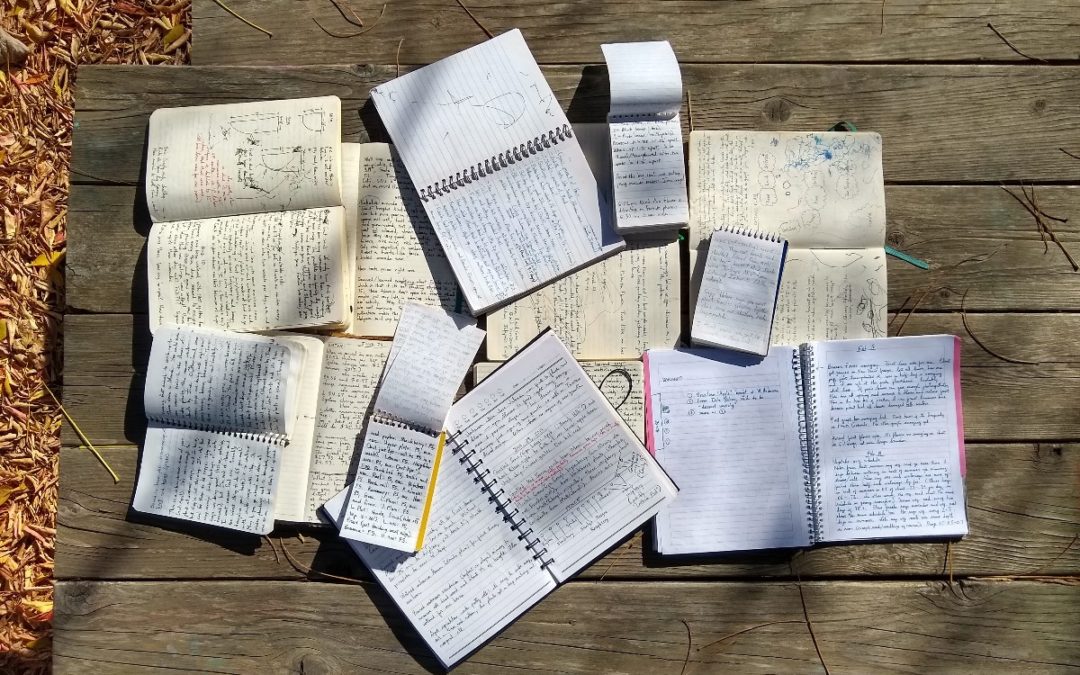


Happy holidays Greg. When do you start your dormant spray on stone fruit?
Hi Grant,
Thank you. Happy Holidays to you as well. I’m going to write a post about dormant spraying within the next couple weeks. I’ve been chatting with people about this a lot recently.
Awesome thanks so much for the response keep up the good work.
This post is both encouraging and helpful. I’m in N. San Diego County. Our climate is unique to growing (being year round), so finding you online is a huge plus! I’m fairly new to growing food. Just started my first gardening journal and I’m looking forward to learning from the upcoming growing season. Love seeing all your notes spread out like that. What a great collection of gardening wisdom!
Any recommendations for how to organize a journal? Do you just document what you do each day and then predictions? I have tried to start a few times and failed but I would love to take notes on what I learn and what I read throughout the year. Maybe I am overthinking how I will reference it in the future but I’ll take any advice.